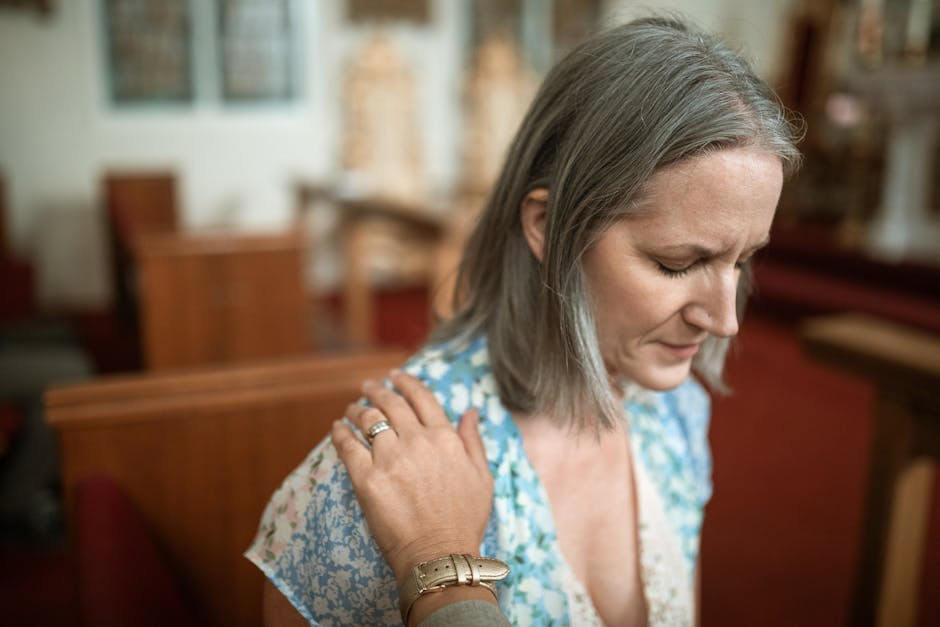Humans, throughout history, have sought solace and meaning in a world often characterized by chaos and uncertainty. A significant source of this comfort has been found in religious beliefs and practices. Understanding why individuals find solace in faith requires a multifaceted approach, examining the psychological, social, and existential functions religion serves. It’s not a singular reason, but a complex interplay of factors that contribute to the enduring appeal of religious frameworks.
One pivotal aspect is the provision of a comprehensive worldview. Many religions offer detailed narratives explaining the origins of the universe, the purpose of life, and the nature of reality. This structured cosmology provides a sense of order and predictability in a world that can often feel random and unpredictable. Facing existential anxieties, such as death, suffering, and the meaninglessness of existence, becomes more manageable when embedded within a larger, divinely ordained narrative. The feeling of being part of a grand design, however interpreted, offers a profound sense of belonging and purpose, reducing feelings of isolation and insignificance.
Furthermore, religious beliefs often furnish individuals with a robust moral compass. Religious texts and traditions typically outline a code of conduct, defining right and wrong, good and evil. Adherence to these ethical guidelines provides individuals with a framework for making moral decisions and navigating complex social situations. This clear moral structure can be exceptionally comforting, offering stability and guidance in a world saturated with ambiguity and moral dilemmas. The sense of acting in accordance with a higher power can also alleviate guilt and promote self-esteem, further enhancing feelings of comfort and well-being.
Beyond the individual level, religious communities offer a vital source of social support and belonging. Religious institutions frequently act as social hubs, providing opportunities for social interaction, shared experiences, and mutual support. Participation in religious ceremonies, rituals, and communal gatherings fosters a sense of community and connection, creating a network of individuals who share similar beliefs and values. This shared identity and mutual support can be particularly important during times of stress, grief, or adversity, offering a buffer against feelings of isolation and loneliness. The feeling of belonging to a supportive group can be a powerful antidote to the anxieties of modern life.
The role of ritual in providing comfort is equally significant. Religious rituals, ranging from prayer and meditation to elaborate ceremonies, often involve repetitive actions and symbolic gestures. These rituals serve to reduce anxiety and promote feelings of calm and control. The structured nature of rituals provides a sense of predictability and order, offering a respite from the unpredictability of life. Furthermore, the repetitive nature of many rituals can induce a state of relaxation and mindfulness, reducing stress and promoting feelings of well-being. The symbolic meaning embedded within these rituals further enhances their comfort-providing function, offering tangible expressions of faith and hope.
Another crucial element lies in the provision of hope and meaning in the face of suffering. Religions often offer explanations for suffering, attributing it to divine plans or tests of faith. This perspective can help individuals cope with adversity by framing suffering within a larger context, offering hope for ultimate redemption or a better afterlife. The belief in a divine plan, even amidst personal tragedy, can provide a sense of purpose and meaning, fostering resilience and reducing feelings of despair. This is particularly pertinent during periods of grief and loss, when faith can provide comfort and a pathway towards acceptance.
However, it’s crucial to acknowledge that the comfort provided by religious beliefs is not without potential drawbacks. Certain interpretations of religious doctrine can lead to feelings of guilt, shame, or anxiety, particularly if individuals struggle to meet perceived religious standards. Furthermore, some religious beliefs can foster intolerance, prejudice, and even violence towards those who hold different beliefs or belong to different groups. The potential for negative consequences highlights the importance of critical engagement with religious beliefs and the need for tolerance and understanding in interfaith relations. A healthy approach involves embracing the comforting aspects of faith while critically evaluating potentially harmful aspects.
In conclusion, the comfort derived from religious beliefs arises from a complex interplay of psychological, social, and existential factors. Religious frameworks provide a comprehensive worldview, a moral compass, social support, structured rituals, and hope in the face of suffering. These aspects collectively contribute to a sense of order, meaning, belonging, and security, mitigating anxieties and enhancing well-being. While not without potential downsides, the enduring appeal of religious faith underscores its profound and multifaceted role in providing comfort and meaning for countless individuals throughout human history. A balanced understanding of this role requires acknowledging both its benefits and its potential limitations.
